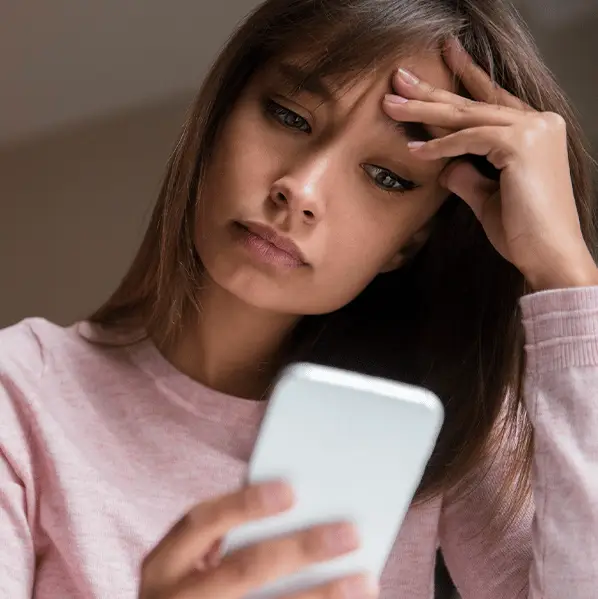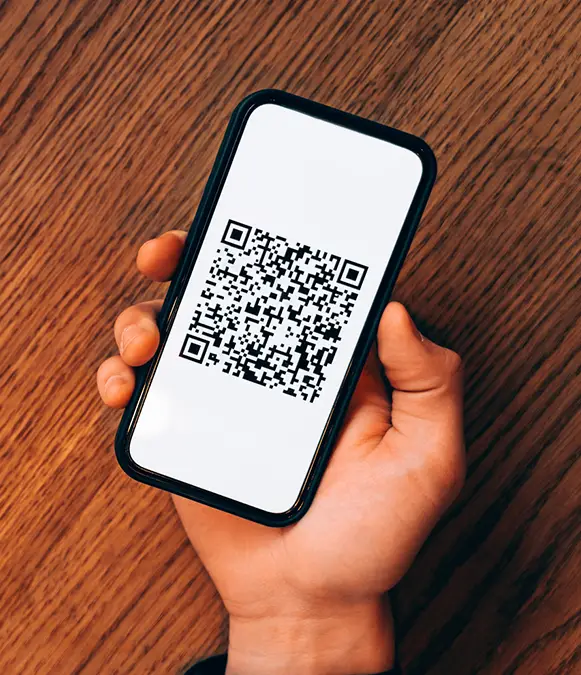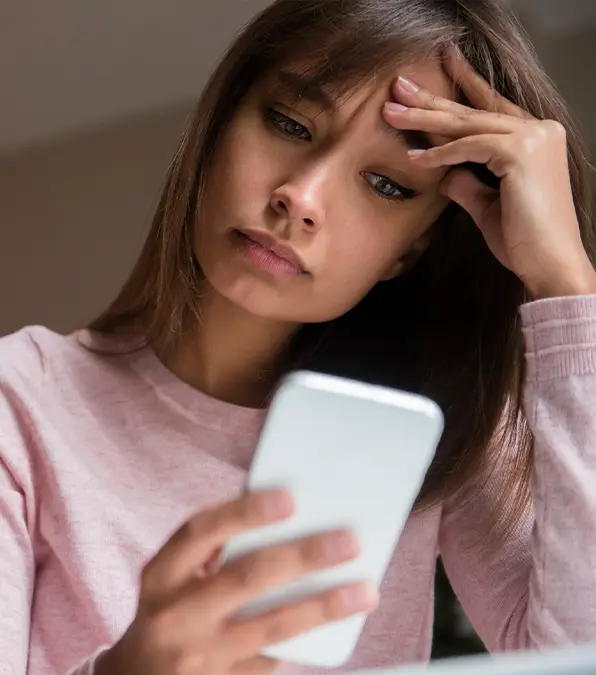
Hackers and scammers are becoming increasingly smarter especially when our phones are storing more and more digital data about us. And now there's a new scam that smartphone users need to be aware of - called 'quishing'.
Our smartphones contain everything from bank account details to personal data, making them vulnerable to hacking if we don't follow proper cybersecurity measures.
Apple iPhone users are being warned of a new scam called QR code phishing - commonly referred to as 'quishing'.
According to Brian Rauer from the Better Business Bureau of Metro New York, we have progressed from 'phishing to smishing, which is text messages, to now quishing.'
Advert

The QR method of hacking became popular after a lot of restaurants started using QR codes for table service and menus during the Covid-19 pandemic. Now, they've become widely used across the hospitality sector.
Even Microsoft has specified that 'QR codes are everywhere. You can find them at restaurants, on flyers, billboards, and more.'
QR codes work by embedding instructions into the black and white-dot you're probably familiar with seeing.
When this code is scanned by a scanner - usually a smartphone camera or app - the image is translated into information that can be read, such as a website link.
However, millions of iPhone users are being warned of a malicious QR code that may contain malware. Rauer added that scanning the code takes you to a phishing website that will 'extract your personal and financial information' as well as 'download malware onto your device.'
Restaurants are identified as a common ground for malicious QR codes, particularly those manually placed on tables. You may think you're paying the bill for your three-course meal when you could be paying a random scammer.

Another high risk place for malicious QR codes is within emails. Emails have been prone to scammers for a good number of years now, but the types of scams are becoming somewhat 'smarter'. Embedding a QR code in emails can make it easy to transfer malware and request personal details.
The streets are also a common risk area for QR codes. Street walls are filled with strange drawings to phone numbers in bathroom stalls, among other things.
Whilst it might be a laugh among your friends to scan a weird QR code to see what happens, it could potentially drain your bank account and ruin your smartphone. According to Rauer, parking meters can also act as a 'double-edge sword' for victims, taking the user to a phishing website that requires your payment details.
To be safe, Rauer advises smartphone users to check with the restaurant if they have any suspicions about a QR code - especially if it doesn't feel legit. Rauer expands in that users should be wary of any signs of urgency advertised near the code, 'with all these scams, there’s this false sense of urgency created.'